The Personal Care Products Council (PCPC) is the voice of the cosmetics industry worldwide. The PCPC has published a statement in response to the UNEP’s Clean Seas campaign. The environmental protection agency of the United Nations launched the Clean Seas campaign earlier this year to combat plastic pollution. The Clean Seas campaign targets governments and industry to minimize the use of plastic and to redesign products such as cosmetics and toiletries that use plastic microbeads. The campaign also encourages consumers to avoid personal care products that contain microplastics. UNEP’s strong stance apparently antagonized the industry that, in its statement, strongly proclaimed its commitment to protecting the environment.
In its unusually strong statement, the PCPC says that it is disappointed in the United Nations given that the contribution of the personal care industry to the plastic soup is minimal compared to other sources. Furthermore, Clean Seas has not sufficiently recognised the voluntary measures taken to date by the industry. In its statement, the PCPC emphasises that the personal care industry is only responsible for a fraction of the plastic soup. This is puzzling given that researchers in China estimate that in China alone, 209.6 trillion pieces (306,900 kilos) of microplastics enter the surface water from cosmetics and toiletries products every year. Of these, 80% pass through water purification plants and the remaining 20% enter the water directly.
The PCPC accuses the United Nations of ignoring science and taking things out of context, and calls upon it to come up with ‘real solutions’ for tackling the plastic soup.
However, the only one that is responsible for intentionally adding microplastics to personal care products is the industry itself. And it is a known fact that those plastic particles flow out with waste water and ultimately enter the sea. The PCPC refers to a Danish study that states that about 99% of the microplastics are removed by water purification plants, but what it does not say is that the same report notes that the sewage sludge is often used as fertiliser. All those plastic particles thus still end up in the environment. The PCPC also does not mention the fact that the industry still uses dozens of different microplastics in its personal care products and that the voluntary phasing out of microplastics by producers only relates to some of those microplastics.
Only by effecting a worldwide ban on all microplastics in cosmetics and toiletries can the personal care industry pat itself on the back and say that it is doing everything it can to combat the plastic soup.

